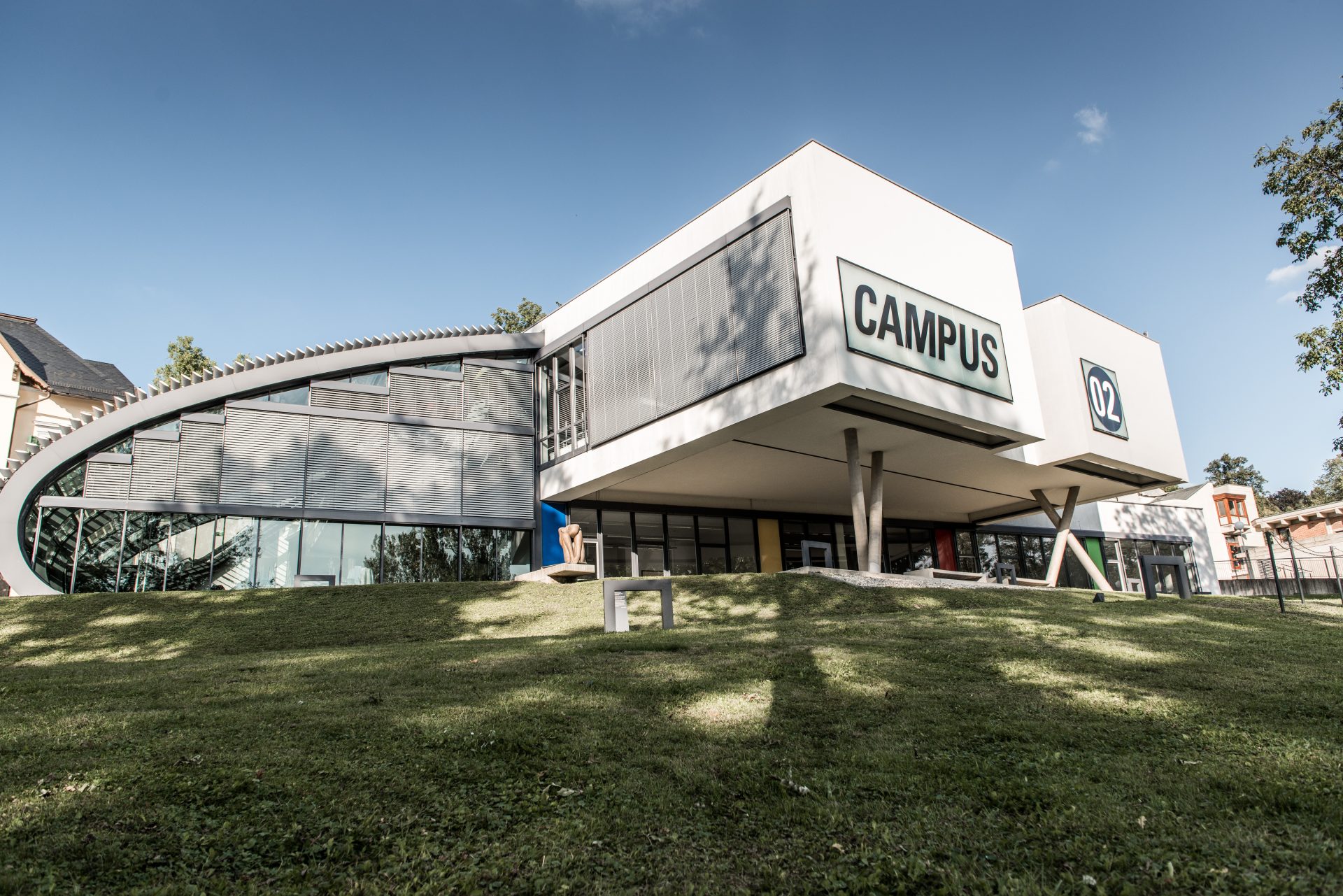
The essential pillars of the Bologna Process are:
June 1999
31 ministers from 29 countries sign the Bologna Declaration. The aim is to create a European Higher Education Area by 2010.
June 2000
The first Bologna Day takes place in Austria.
May 2001
In the Prague Communiqué, further steps and priorities for implementation are outlined. Croatia, Turkey, and Cyprus become members.
September 2003:
In the Berlin Communiqué, medium-term priorities until 2005 are established. With the inclusion of Albania, Andorra, Bosnia and Herzegovina, the Vatican City, Russia, Serbia, Montenegro, and Macedonia, the Bologna Process is expanded to 40 member states.
May 2005
From the third follow-up conference in Norway emerges the Bergen Communiqué. Five additional participants are admitted: Armenia, Azerbaijan, Georgia, Moldova, and Ukraine.
May 2007
In total, 46 countries participate in the Bologna Process. In the London Communiqué, priorities until 2009 are decided.
April 2009:
The 6th Bologna Ministerial Conference takes place in Leuven and Louvain-la-Neuve. In the Leuven Communiqué, priorities for the next 10 years are established: the full implementation of the Bologna objectives, particularly in the area of study architecture, quality assurance, recognition, employability, and the relevance of qualifications for the labor market, strengthening the social dimension, as well as lifelong learning and international cooperation.
Source: www.bmwf.gv.at]
The European Credit Transfer and Accumulation System (ECTS) is a tool for designing, describing, and implementing study programs and higher education qualifications. It is a student-centered system based on the transparency of learning processes and outcomes. ECTS aims to make study programs and qualifications more transparent, facilitate recognition, and thereby promote national and international mobility and permeability.

CAMPUS 02 University of Applied Sciences
Study Service & International Office
Körblergasse 126, 8010 Graz